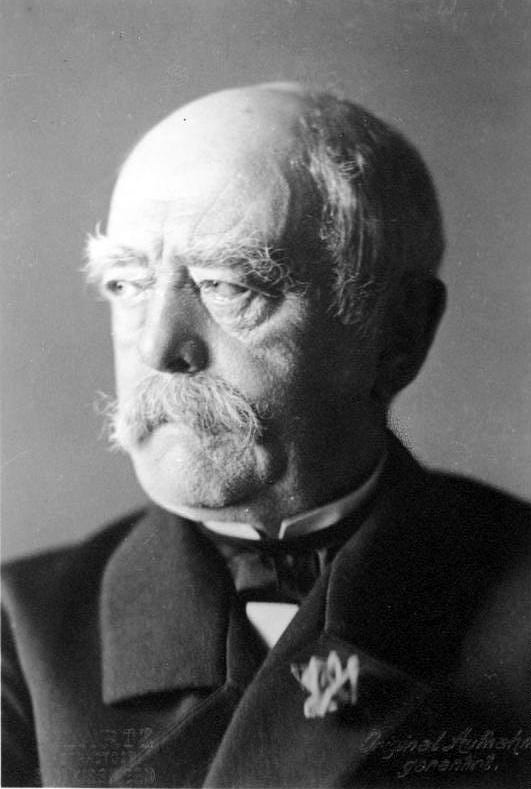Kyborg 30: CPR Day 3
Video Version
Border Patrol
In reading a two hundred and fifty year old author, however relevant, we have to learn to discern themes that were raging controversies in his time but mere curiosities for us from features that we can adopt for our purposes. This first footnote of his illustrates both:
The political geography of science has been transformed beyond existence since Kant's time. The traditional queen, Metaphysics, was still the nominal ruler and the natural sciences were the upstarts. Today the situation has been reversed: in academia, physics and mathematics are far more likely to be seen as unimpeachable, reality describing disciplines.
Who are our upstarts?
At the same time, we are also in the midst of a crumbling order; the inadequacy of the existing means of ordering the world are most obvious in the political and planetary realm, but the critique can and should be extended to every domain, including the inheritors of religion's holiness and majesty: physics and mathematics.
It's only fair that when every other domain is subjected to the gaze of reason, it also turn its gaze inward and subject itself to the same treatment. Not only is that the right thing to do, reason's claim to rule the kingdom of knowledge arises from its capacity to subject itself to a stricter test than it subjects every other domain.
As it so turns out, the quest to secure the foundations of reason is a quixotic quest, with every attempt to declare a permanent basis being undermined by the next generation of investigators.
Kant's foundation was laid on the cement of Euclidean Geometry, which turned out to be only one among many. With Geometry no longer secure, attention shifted towards logic, which too was shown to be inadequate to the task. Perhaps we should embrace the quicksand of reason, and declare once and for all that there's no such as thing as an autonomous, self-existing domain of reason which legislates over other provinces of knowledge. Or to put it in two other ways:
Reason is empty - empty not in the colloquial sense of being hollow and superficial, but in the Buddhist sense of not having self-existence.
Knowledge should be democratized - again, not in the standard sense that we should all have access to knowledge (which we should) but that the traditional hierarchy of knowledge which runs from the exact sciences at the top to the inexact sciences and finally the arts and speculative disciplines at the bottom should be flattened.
Neither emptiness, nor epistemic democracy is Kant's task. He wants to secure the first nation of knowledge, i.e., use reason to map its own extent and limits. As Kant says, he’s not critiquing ‘books and systems,’ i.e., his predecessor’s views on this or that, but the faculty of reason itself, though that critique of reason will also yield a critique of his predecessors. It’s pure reason he’s after; reason untainted by experience.
Physics makes the empirical world intelligible, so that the questions that can be answered by applying reason to data mark the boundaries of physics. For metaphysics to play an essential role, it should supply insights that can’t come from physics. For example, empirical research must obey the laws of logic; we can’t glean those laws from studying the physical world. By restricting itself to the structures and boundaries of pure reason, metaphysics becomes the storehouse of those universal concepts and intuitions that physics needs in order to render data intelligible.
In sticking to those concepts and intuitions needed by physics and those alone, Kant reveals himself as a conservative - he's not extending the realm of reason beyond its natural limits. Instead, he's a unifier of its existing provinces, ruthless in his rejection of all secessionist tendencies within its borders while being humble enough to recognize that his kingdom shouldn't be so greedy as to swallow the whole world. In his restrained ambition, the sage of Konigsberg is the precursor of another German: the Iron Chancellor, Count Otto von Bismarck.
I might argue that the middle path between rejecting all internal dissension and ruling the whole world is the basis for autonomy and success in all domains: in the kingdom of knowledge, in the sovereignty of nation states and in the creation of the liberal individual. Kant is the prophet of modernity for that very reason.
Two summarizing points:
The middle path, of course, is also the Buddha's way. This Buddhist reading of Kant has much to recommend itself in my view.
The triple analogy between the autonomy of the individual, the autonomy of reason and the autonomy of the state also has much to recommend itself.






